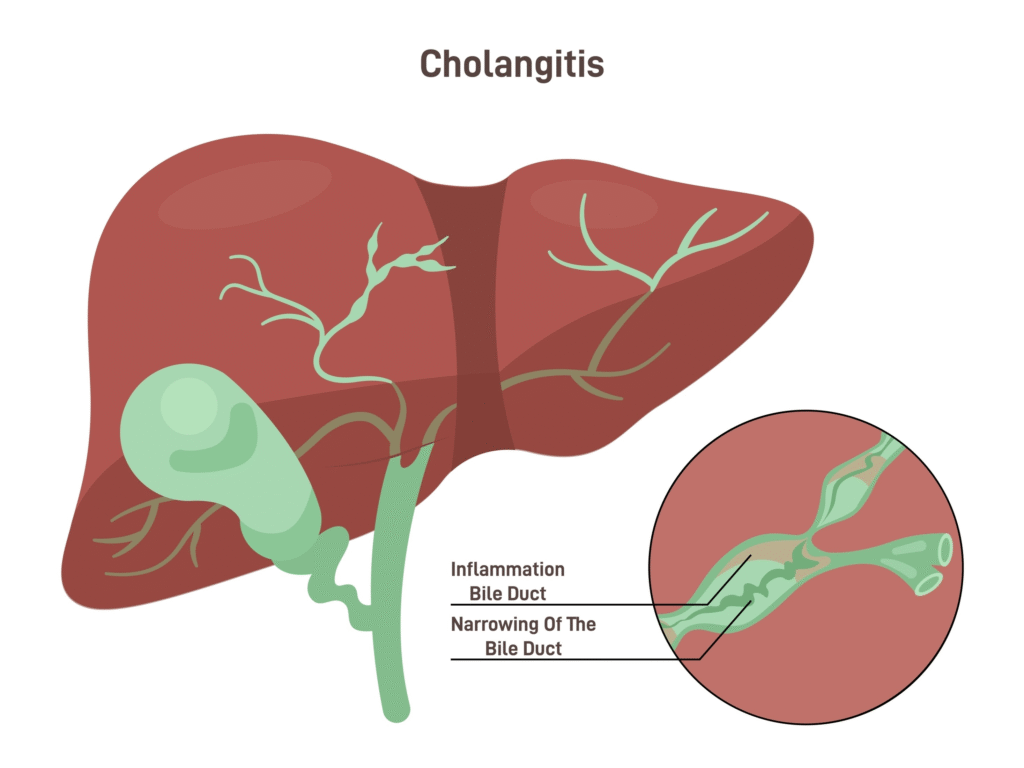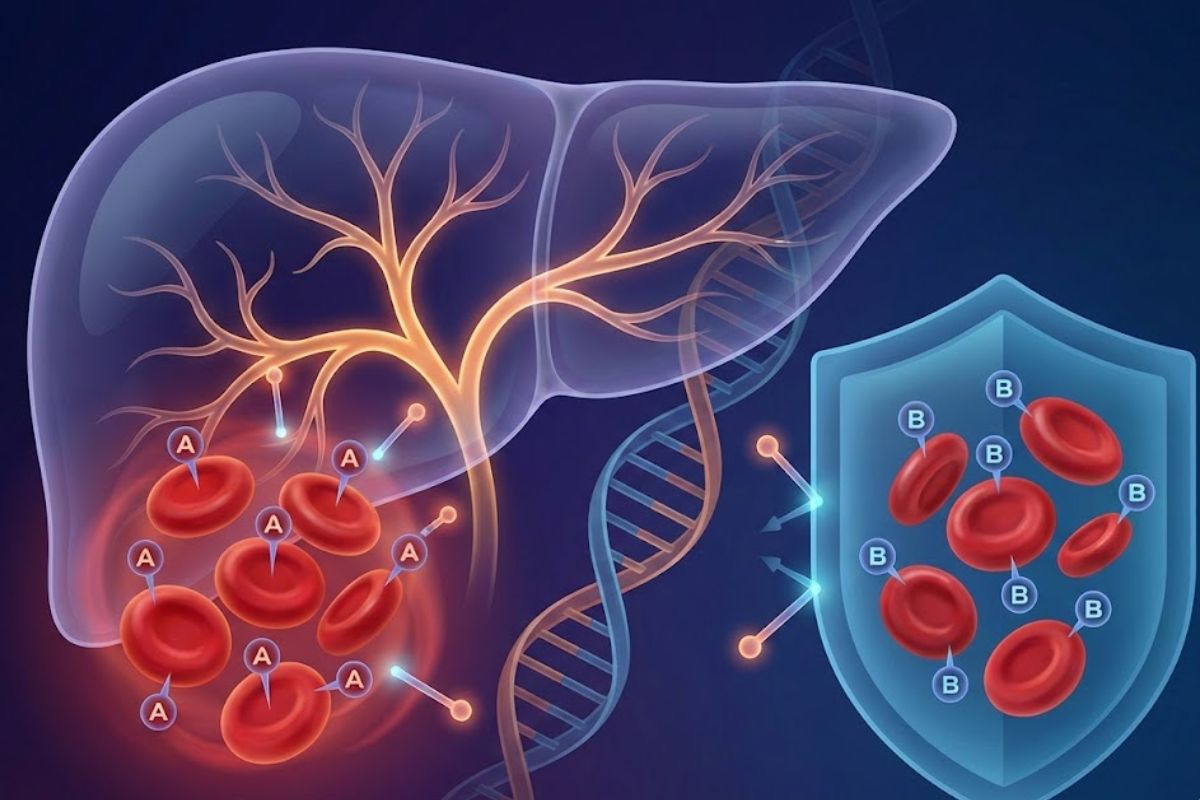Research on blood groups and autoimmune liver disease is drawing new attention after several recent studies reported clear patterns in who may face higher risk. The findings point to blood type A as more common among patients diagnosed with these conditions.
Conversely, blood type B appears less common, suggesting a potential protective effect, especially against primary biliary cholangitis (PBC), a long-term disease that affects the bile ducts in the liver.
Latest Findings
The latest work includes data published in the journal Frontiers in Medicine and findings from a multicentre analysis from hospitals in China. Both sets of research examined whether inherited blood type influences the chance of developing autoimmune hepatitis or primary biliary cholangitis. Together, the results offer a detailed look at how blood groups may interact with the immune system.

The research teams studied more than 1,200 people, including 114 patients diagnosed with autoimmune liver diseases. The distribution of blood groups among these patients differed significantly from the healthy control group:
- Highest Risk: The largest share of patients had blood type A.
- Followed by: Type O, then Type B, and finally AB.
- Protective Trends: In primary biliary cholangitis, patients with blood type B were significantly less common, suggesting a lower susceptibility. The pattern for autoimmune hepatitis was less distinct compared to the control group.
Understanding Autoimmune Liver Diseases
Autoimmune liver diseases develop when the immune system mistakenly attacks the liver instead of a virus or outside threat. These conditions are not linked to alcohol use or diet but stem from the body’s immune response to its own cells.
- Autoimmune Hepatitis: Immune cells target liver tissue directly.
- Primary Biliary Cholangitis (PBC): Immune cells attack small bile ducts inside the liver. When these ducts narrow or become blocked, bile builds up and damages the organ.
Both conditions require early diagnosis and long-term care to slow damage.
Science: Why Blood Type Matters
Researchers note that these patterns likely point to how antigens on blood cells interact with immune pathways.
Inherited immune markers, specifically HLA (Human Leukocyte Antigen) genes, play a central role. These genes help the body distinguish “self” from “invaders.” Research suggests that people with blood type A may carry specific HLA markers that increase susceptibility. Additionally, the A antigen may influence how microbes in the gut interact with the immune system, potentially triggering inflammation.
Note: Blood type alone is not a diagnosis. Most people with type A will never develop these diseases, and type B does not guarantee total protection.
Symptoms and Early Detection
Autoimmune liver diseases develop slowly. Because symptoms can be subtle, regular checkups are vital.
- Early Signs: Fatigue, joint pain, digestive discomfort.
- Asymptomatic: Many patients have no symptoms initially; routine blood tests often detect liver inflammation before the patient feels ill.
- Monitoring: Regular liver function tests track enzyme levels, guiding treatment adjustments and detecting complications early.
Lifestyle and Management
While medication controls immune activity, lifestyle choices are critical for supporting liver health.
- Diet: A low-sodium diet helps reduce fluid buildup (ascites). Patients are advised to eat a balanced diet rich in whole grains, fruits, vegetables, legumes, nuts, and healthy fats.
- Bone Health: People with PBC face a higher risk of bone loss. Doctors often recommend Vitamin D supplements and calcium-rich foods, alongside regular exercise to support bone strength.
- Avoid Toxins: Patients should strictly avoid alcohol to prevent adding strain to an already damaged liver. Quitting smoking is also recommended to reduce systemic inflammation.
These findings provide a clearer view of how genetics fit into the wider picture of liver health, reinforcing the value of early detection and proactive lifestyle management
Support us to keep independent environmental journalism alive in India.
Keep Reading
Watch: Kashmir experiences first snowfall of season after dry spell
Amarnath Yatra: Tackling rising death toll from extreme weather events






